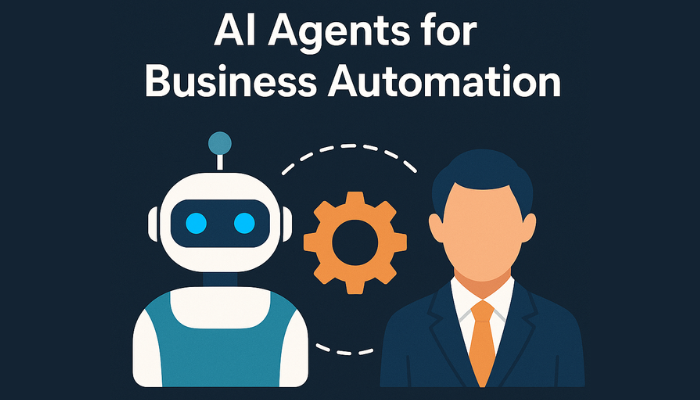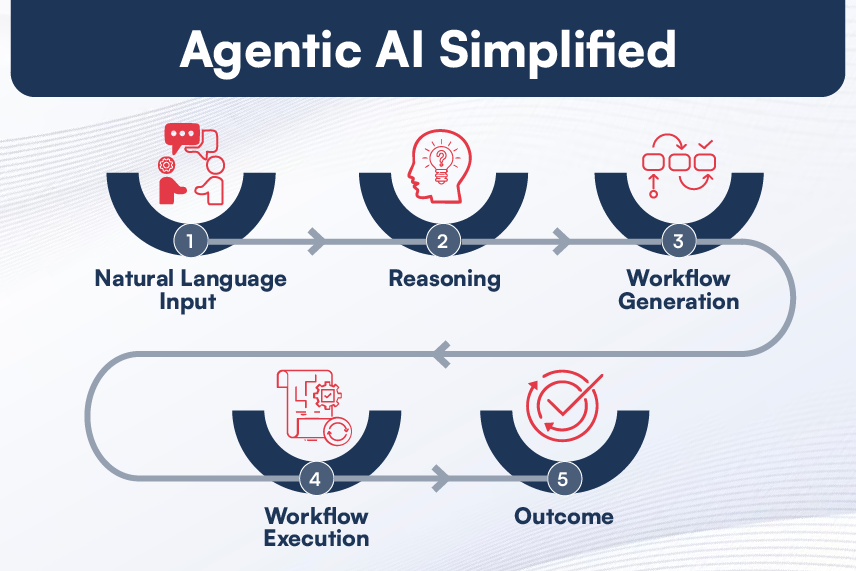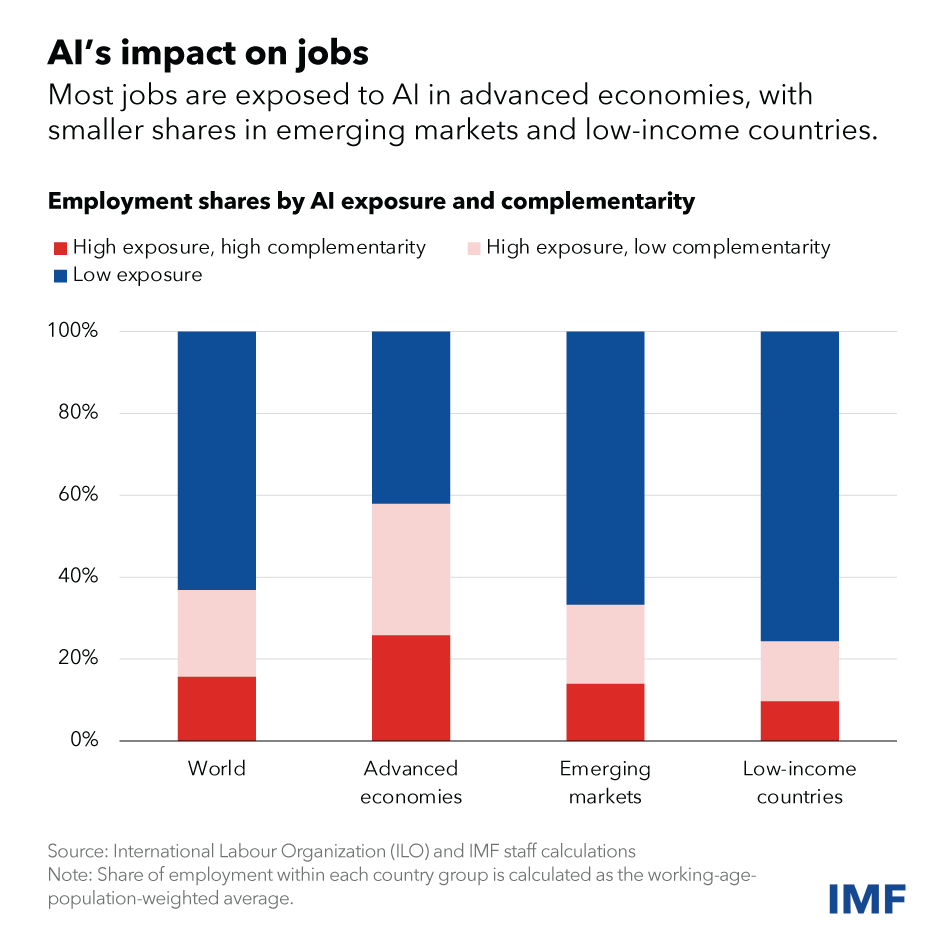AI Agents: Revolutionizing Businesses and Reshaping the Global Job Market
In a world where technology evolves at breakneck speed, AI agents stand out as the next big disruptor. Imagine software entities that don’t just respond to queries but autonomously plan, execute tasks, and adapt to changing environments—like a digital workforce handling everything from customer service to complex decision-making. As of 2025, these agents are no longer sci-fi; they’re embedded in daily operations across industries. But with great power comes great transformation: businesses are seeing unprecedented efficiency gains, while the job landscape worldwide is undergoing a seismic shift. This blog post dives deep into what AI agents are, their profound impact on businesses, and how they’re redefining jobs globally.

An illustration of AI agents automating business processes.
What Are AI Agents?
AI agents are autonomous systems powered by artificial intelligence that can perceive their environment, make decisions, and take actions to achieve specific goals without constant human intervention. Unlike traditional chatbots that follow scripted responses, AI agents leverage advanced models like large language models (LLMs) to reason, plan workflows, and execute tasks. For instance, they can process natural language inputs, generate plans, and even handle multi-step operations like booking travel or analyzing data.
According to experts, AI agents represent a shift from reactive tools to proactive “superagents” that empower human workers. They come in various forms: simple agents for routine automation, multi-agent systems that collaborate like teams, and advanced “agentic AI” that focuses on rule-heavy tasks with built-in guardrails. In business contexts, they’re often integrated into platforms like Salesforce or Microsoft Copilot, where they automate administrative revolutions by freeing skilled workers for creative roles.
Real-world examples include Salesforce’s AI agents, which have reportedly handled half of customer service tasks, leading to significant workforce adjustments. Or take Replit’s agents that code for over 30 hours straight, blurring the lines between human and machine labor.
How AI Agents Are Transforming Businesses
The integration of AI agents is supercharging business operations, driving efficiency, and unlocking new revenue streams. In 2025, generative AI investments reached $33.9 billion globally, an 18.7% increase from the previous year, with businesses prioritizing tangible results. AI agents automate repetitive tasks, streamline workflows, and enable hyper-personalization, blending human creativity with machine precision for unprecedented productivity.
Key Benefits for Businesses
- Operational Efficiency: By focusing on mundane tasks, AI agents free up employees for strategic work. For example, they accelerate onboarding, enhance training, and manage administrative duties, reshaping workplaces in powerful ways. In administration, they’re driving a revolution by handling knowledge supply chains—transferring expertise to digital entities that scale faster than humans.
- Cost Savings and Scalability: Companies like Salesforce have cut thousands of jobs after deploying agents, not out of malice, but because agents handle tasks at a fraction of the cost and speed. This agility allows AI-centric firms to rebrand, redistribute resources, and execute strategies in minutes, outpacing human-led competitors.
- Innovation and Growth: Agents enable end-to-end business process transformation, from product discovery to customer support. Modular stacks like those in AI commerce infrastructure empower solopreneurs and enterprises alike. They’re also turning workflows into tokenizable assets, merging crypto and fintech for new ecosystems.
However, adoption isn’t without hurdles. Myths persist: agents aren’t ungovernable or job-destroying monoliths; they’re tools that require guardrails, ROI proof, and targeted implementation. Businesses must navigate context dilution, hallucinations, and logging for reliable performance.

A diagram showing the workflow of agentic AI in business.
Industry-Specific Impacts
In tech and telecom, 84% of HR leaders expect AI to impact entry-level jobs. Banking and finance see similar trends, with agents optimizing dev workflows and compliance. Overall, AI remains a top priority, with momentum building despite gaps in full-scale adoption.
The Double-Edged Sword: AI Agents and Jobs Worldwide
While AI agents boost businesses, their impact on jobs is a hot-button issue. Globally, AI could displace workers in the near term but ultimately create new opportunities. A Yale study notes that AI’s effect on jobs so far is minimal, with changes predating generative AI, but acceleration is expected.
Job Displacement
Routine, automation-heavy roles are at risk. About 70% of jobs fall into categories ripe for automation, though real usage is concentrated in coding and math-intensive fields. Salesforce’s layoffs of 4,000 support staff after AI deployment exemplify this. Worldwide, up to 375 million workers may need to switch jobs by 2030 due to AI and automation. In manufacturing, which accounts for 14% of global employment, 71% of leaders anticipate widespread AI and robotics adoption.
But it’s not all doom: Agents augment rather than replace in many cases, handling mundanities to let humans focus on complexity. Exposure scores often exaggerate risks, as clerical jobs don’t use AI as much as predicted.
New Job Creation and Skill Shifts
AI is birthing roles like “AI Wrangler”—strategists who manage agent teams for complex goals. Owning businesses or platforms that orchestrate agents will be key, as agents become the new “employees.” Training programs, like Andela’s partnership with GitHub, are upskilling thousands on AI tools.
Globally, advanced economies face higher exposure (up to 60% of jobs), while emerging markets see less immediate impact but greater inequality risks. In regions like India, policies blocking outsourcing could accelerate AI adoption, not job repatriation.

Chart depicting generative AI impact on job levels by industry.
Global Variations
- United States: Surveys show businesses scaling back hiring due to AI, with a focus on optimization.
- Europe and Asia: AI agents are revolutionizing admin in sectors like finance, with investments surging. In manufacturing-heavy Asia, robotics integration is transforming employment.
- Developing Regions: Lower exposure but potential for leapfrogging via AI-driven growth, if inclusivity is prioritized.
Challenges, Ethical Considerations, and the Road Ahead
Despite the hype, AI agents aren’t a panacea. Issues like high implementation costs, governance, and ethical AI use loom large. Hallucinations and reliability require verification tools. Ethically, ensuring AI benefits humanity means addressing inequality and reskilling workers.
Looking to the future, 2025 predictions see agents as the defining workforce trend, with expectations of streamlined lives and optimized businesses. But success hinges on human-AI collaboration: agents as partners, not replacements.
Global AI impact on the economy and jobs.
Conclusion
AI agents are a game-changer, propelling businesses toward efficiency and innovation while challenging the global job market to adapt. As they automate the routine and amplify the creative, the key is proactive reskilling and ethical deployment. Whether you’re a business leader or a worker, embracing this shift isn’t optional—it’s essential for thriving in the AI era. What are your thoughts on AI agents? Share in the comments below!















Post Comment